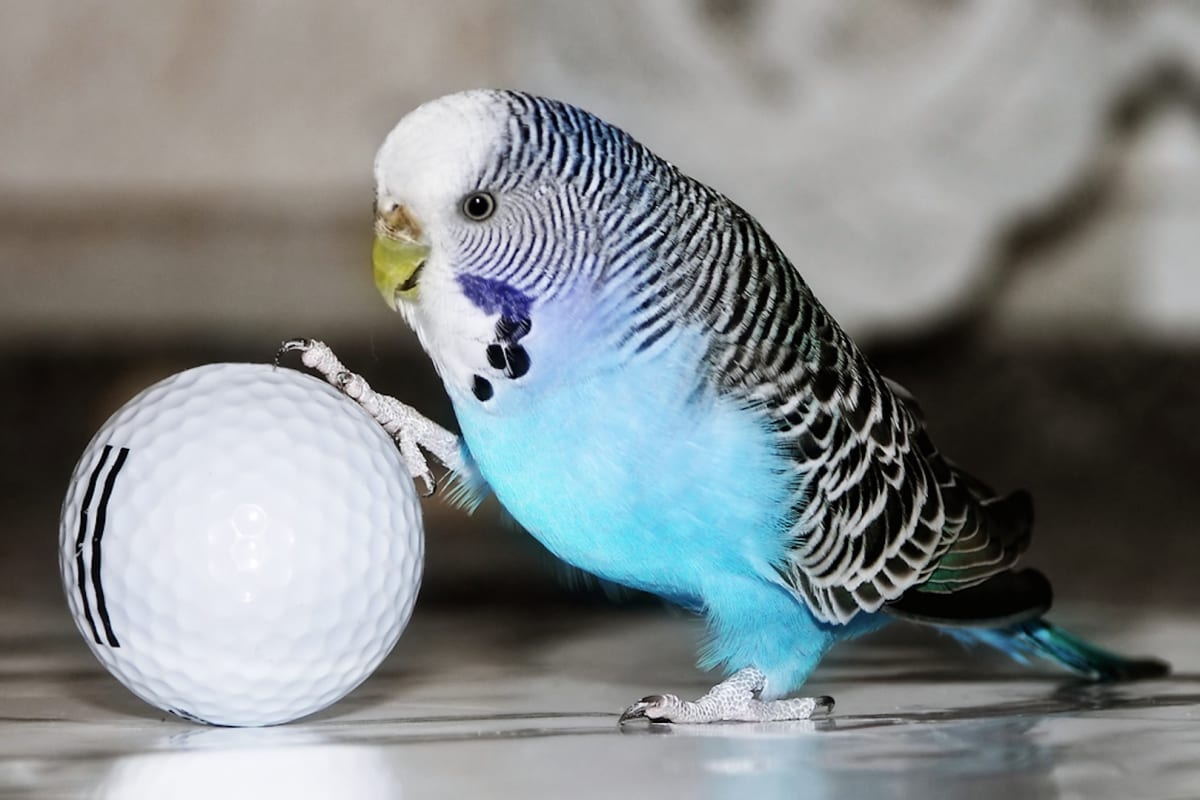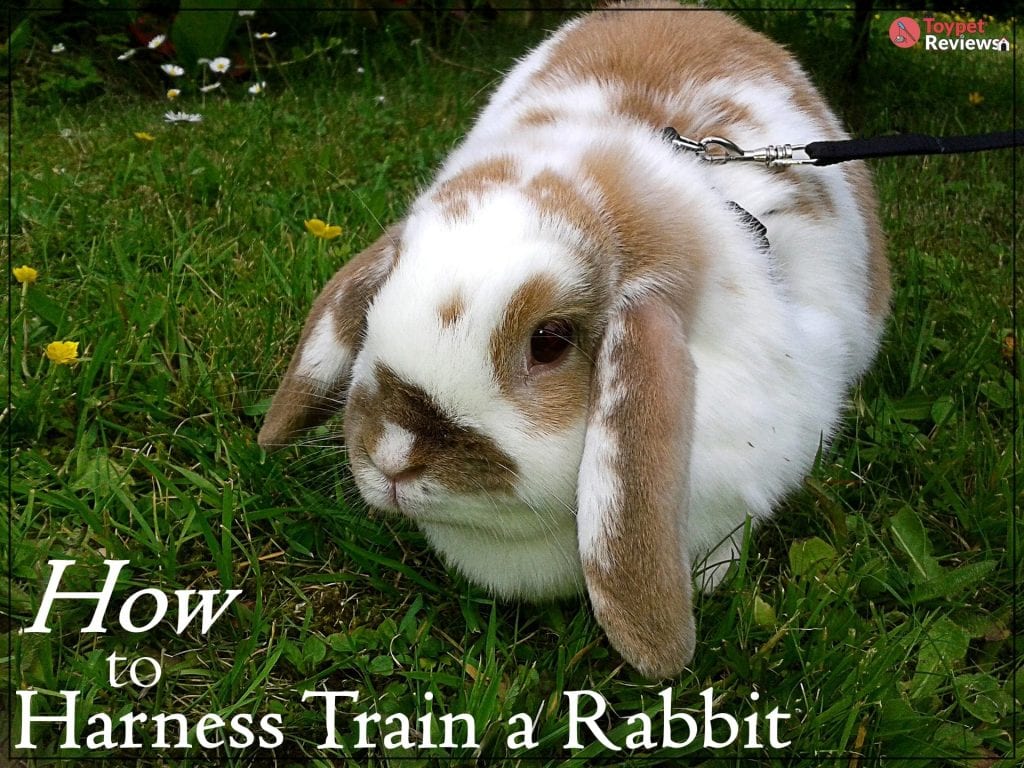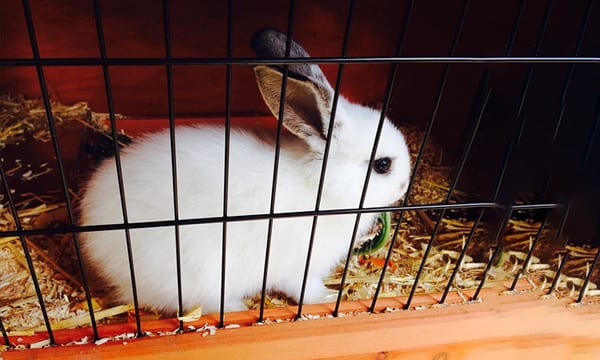- Losing a pet is a devastating experience, which can often impact the physical and emotional health.
Unfortunately, society does not always take pet loss as seriously as it should.
People are losing more than just an “animal,” and they have to deal not only with intense grief but also with society’s perception (that they might be exaggerating).
However, pet loss is a grave matter, and we should all take it seriously.
Today, we will talk about the grief of losing a pet, the mourning process, recovery, and benefit of social support.
The Loss of a Pet Hurts as Much as the Loss of a Family Member
You will never hear a pet owner talking about their pet as being “just a cat” or “just a dog.”
On the contrary, you will often hear them speaking of their fluffy companions as they would about family members or very close friends.
The moment we lose somebody very dear to us, we feel our hearts breaking and our world tearing apart.
For many people, having a pet means having a long-term relationship.
They stand by our side in sickness and in health, in times of good and times of unhappiness, and they do not care if we are rich or poor.
Also, they can help us preserve and enhance our mental and physical health.
They bring us joy, fun, trust, stability, and companionship, and the loss of a pet is something to understand and deal with accordingly.
While we all respond to grief differently, it is critical to understand that we do experience pain when we lose a friend.
No matter how short or lengthy our mourning stages may be, we do go through them – and, unfortunately, some have to pass through them all alone.
If you recently lost a dear companion, you may be experiencing denial, anger, guilt, and depression.
Acceptance and resolution will eventually come, but you need to know that losing a pet is similar to the loss of a person.
Years after the tragic event, a single sound, sight, anniversary, image or memory can spark a new wave of grief, as it never goes entirely away.
The Broken Heart Syndrome – Why Should we take it seriously?
Are we, as a society, taking peoples’ pet loss grief seriously?
It’s debatable. You are not likely to get a few days off from work to mourn when you have to deal with pet loss.
The amount of support you get from your co-workers or friends also varies very much – but usually, it is not as much as you would get in the case of a human loss anyway.
Why is that?
We are afraid of other peoples’ prejudice, stereotypes, and judgment.
We live in a paradox.
While we, as a society, love our pets and invest billions in their wellbeing, we do not take their grieving seriously.
Moreover, it seems that we’re also dealing with a cultural stigma related to pet loss – which is rather absurd when you stop and remember that pets are the subject to businesses, entertainment, social media, charity and awareness, social campaigns, and many more.
We have pet-dedicated everything, except for perhaps loss support mechanisms.
Experts from the Scientific American are encouraging us to change our shallow perspective on pet loss.
People grieving for their family members are not immature, emotionally weak, seeking attention, or exaggerating.
On the contrary, they need comfort, acceptance, recognition, and social support now more than ever.
Last year, a woman died from broken heart syndrome after the passing of her dog.
The pain was so intense, it broke her heart.
Wouldn’t receiving the proper social and emotional support of her peers have made things better?
Helping People Recover from Pet Loss
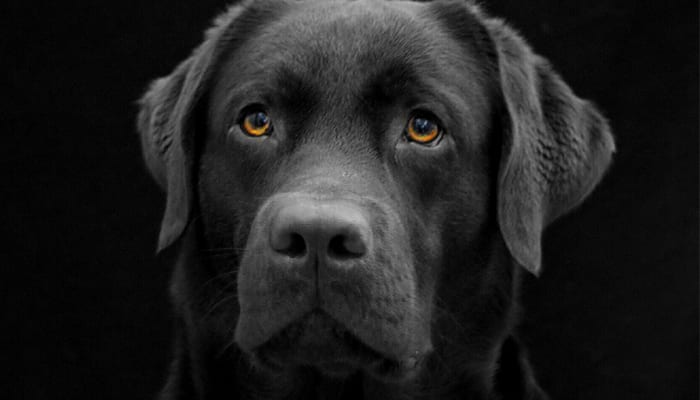
No matter who or what we lose, we should never go through the grieving process alone.
When it comes to a pet, the owner’s pain is probably the entire family’s pain.
It takes a community as a whole, however, to help a person avoid emotional and physical damage after the loss of a pet.
It is not news that family and social support is crucial in coping with grief and walking the path of recovery.
This is among the reasons why each and every one of us should try and meet a grieving pet owner half-way and show them the same respect, understanding, and support we would show anyone who lost a dear friend.
Here are some things you could do to help grieving pet owners:
- Never tell them what to feel or how intensely to experience their emotions and pain.
- Offer them the necessary time to grieve and release their feelings in their own way.
- Help them reflect on and cherish the beautiful relationship they had with their pet.
- This could also help put a smile on their faces.
- Make sure they carry on with their life by preserving their routines, and physical and emotional health even in the absence of their pet.
- Help them find a moment of peace by offering them the tools to relax, shed anxiety away, regain their psychological strength, and fight the natural depression that threatens to overcome any human dealing with loss.
- Assist them with finding resources that offer genuine help with pet loss grief.
- You will find countless support groups and group therapy sessions if you look right.
- Do your friend a favor and accompany him or her to such meetings; it will mean the world to them.
- If your friend feels the need to organize a funeral, help!
- It does not matter what people might think or if they are being judgemental.
- Funerals have, since the dawn of time, helped us achieve closure and cope better with loss.
- Help your friend create a legacy for the pet they lost.
- You can do so by offering to help make a “Best Of” photo or video album, a social media “In memoriam” profile, or by planting a tree, donating to an animal shelter, etc.
- Help your friend remember the fun, love, and joy he or she shared with their pet, and you will fulfill their legacy project.
- Keep an eye on your friend for a while.
- As we said, dealing with the loss of a pet is a highly individual, intimate, and personal experience, which takes every person their sweet time. It may take several months to cope with the pain. In the meanwhile, make sure your friend is in good health, takes care of himself, engages in normal daily routines, and tries to cope healthily;
- If your friend is experiencing severe levels of depression, emotional devastation, and other emotional or physical health problems, get them to reach out to a professional.
- No matter its underlying reason, depression, just like the broken heart syndrome (which can be fatal!) are serious issues nobody should neglect.
Getting a new pet as a way of dealing with pet loss

One last thing before we wrap things up: we want to draw attention to a common practice, that of getting a new pet to replace the one that passed away.
You may hear people encouraging pet owners to substitute their lost friend soon, so they can have a new occupation and preserve their routines.
The replacement of a pet is an intimate, personal, and timely decision, as is the grieving process.
Rushing into such an arrangement is detrimental for both the person and the new pet.
Take your time and think things through.
If you want to suggest such a resolution to your friend, make sure to take all variables into account.
If you find yourself in such a situation, you have to understand that a new pet will never replace the old one.
This new companion will come with its own unique personality and unique needs and will challenge you and your family in different ways than those you were used to.
Pet owners know in their hearts when it is time to get a new pet.
When they feel ready, be there by their side and help them bring new joy into their homes!
After all, there are countless pets in shelters and adoption centers looking for a family or bundles of fluff and joy just taking their first steps in this world!
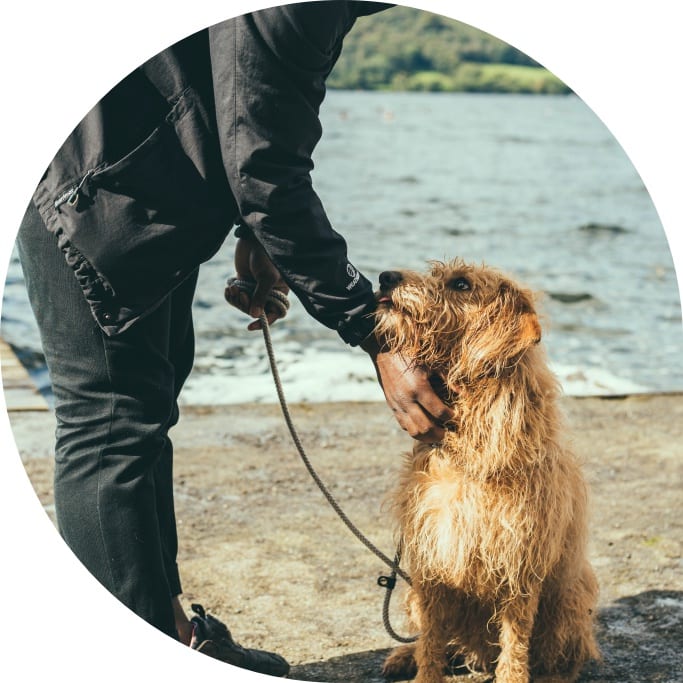
Hale is very much an outdoors fan and there’s no place he’d go without Peanut, his golden Shep buddy. When they aren’t camping, backpacking, or hitting some trails, this pair enjoys discovering the latest toys, and usually goes for a walk in the park to try them out.
